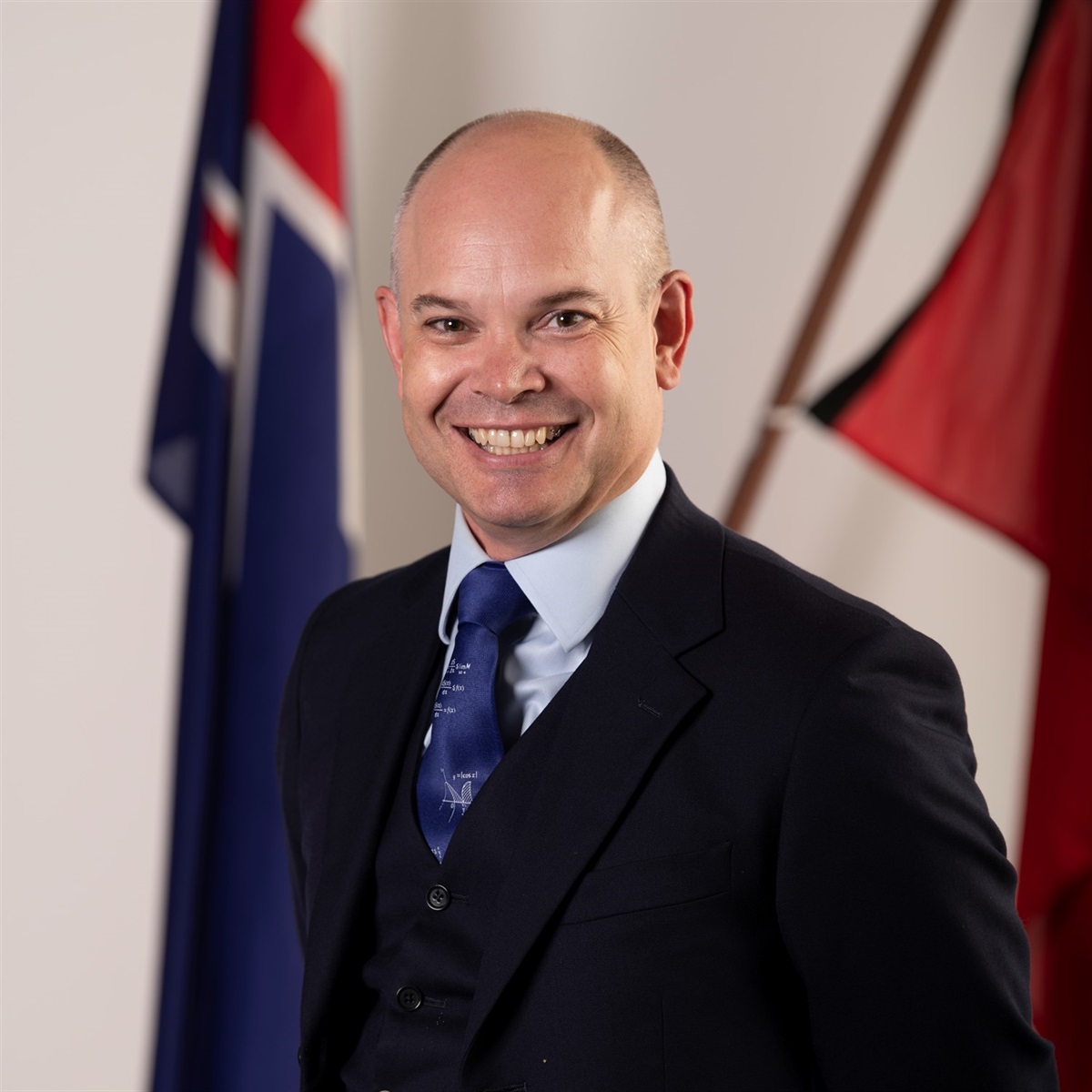There’s a “reasonable case” for all isolation and quarantine facilities to be moved to the Ōhakea air base, according to two prominent epidemiologists.
In a new blog post, prominent Otago University epidemiologists professors Nick Wilson and Michael Baker have taken a look at the idea of shifting facilities to military bases.
That very concept is being proposed by New Zealand First, which argues the move would strengthen borders and cost the country “a fraction” of the $500 million set aside by the Government to pay for largely hotel-based managed isolation facilities, along with quarantine centres (MIQ).
Wilson and Baker argued the main advantage of a single facility at RNZAF Base Ōhakea in Manawatū would be a reduction in the risk of border control failures, which could potentially involve outbreaks in New Zealand’s largest cities with large health and economic impacts.
Setting out the main pluses of the idea, they cited a reduced risk of the virus being passed between managed isolation and quarantine (MIQ) workers, or into the community.
While the source of the current Auckland outbreak remained unknown, and likely always would, it could have also been sparked by a failure at an MIQ facility.
There were also the cases here and in Australia of people escaping from isolation hotels, along with the half-billion dollar cost of operating New Zealand’s 32 facilities through til 2021.
The Air Force base at Ōhakea, meanwhile, was relatively self-contained, nearly 30km from the nearest city and had a runway suitable for large aircraft.
“This base could be a ‘one-stop-shop’ with aircraft flying directly from overseas and so there would be no disease transmission risk with using buses and domestic airlines to move people to facilities around New Zealand,” they said.
“The on-base facilities could be re-purposed and new buildings built to quarantine standards.”
The facilities themselves could be specially designed to lower the risk of the virus spreading – and control by the military would offer “far better security” than hotel facilities in down-town city centres.
“New Zealand needs a permanent isolation and quarantine facility for the future anyway,” they said.
“The world is likely to face future pandemics from natural sources, as well as the possibility of synthetic bioweapons.
“It may therefore be a good investment to have purpose-built isolation/quarantine facilities established in advance at a highly secure military base.”
Taking the pros and cons together, Wilson and Baker saw a reasonable case for a “single high-quality option” at Ōhakea – but one in need of a health and economic analysis by the Government.
https://www.nzherald.co.nz/nz/news/article.cfm?c_id=1&objectid=12364675







